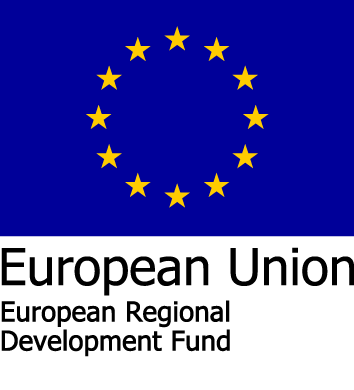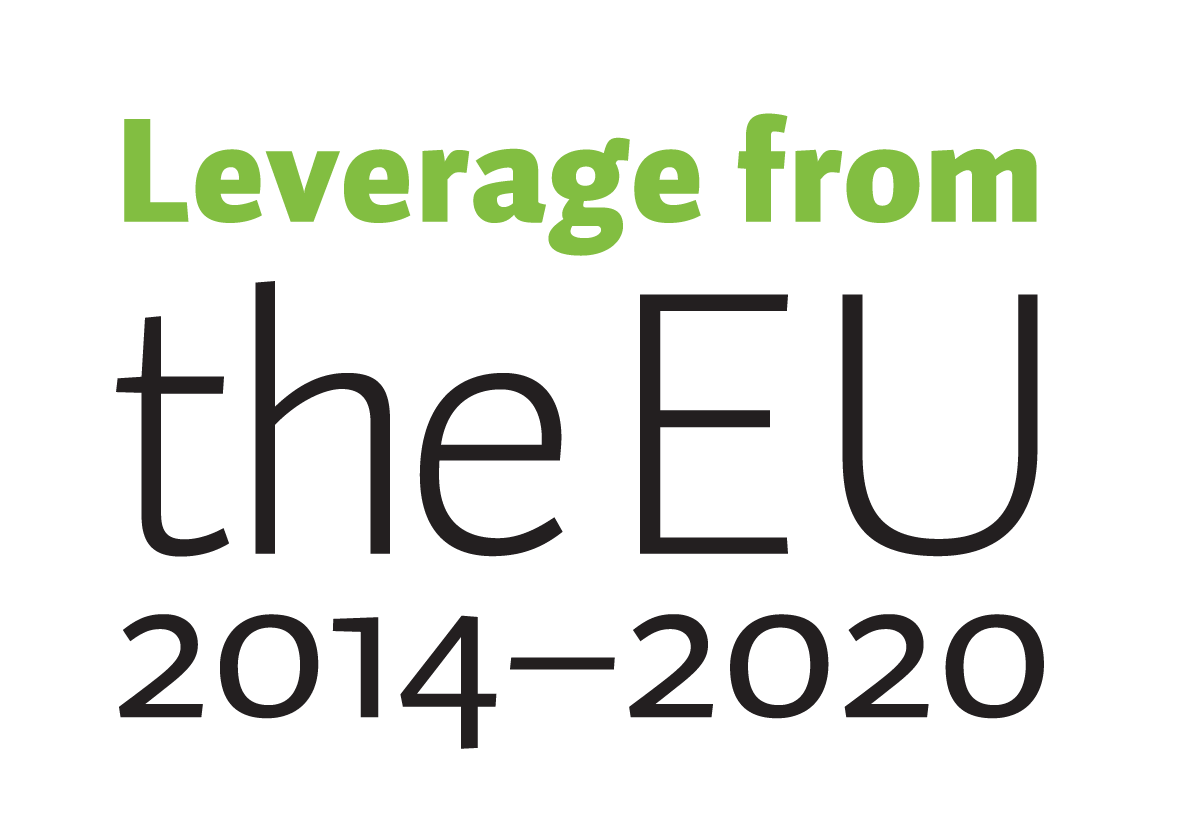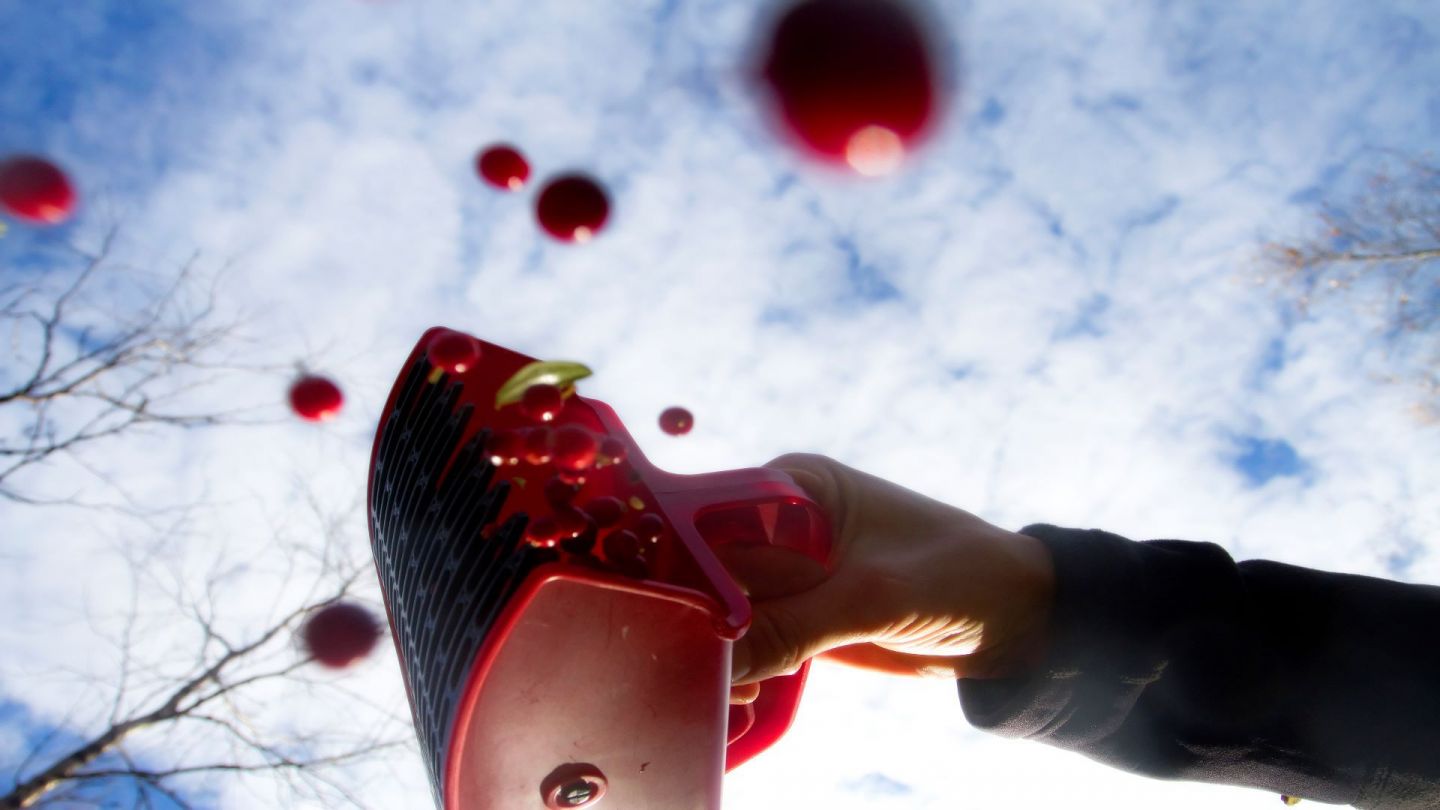The bioeconomy in Lapland is much more than just forestry. Northern nature creates an excellent framework for the growth of a wide range of bioeconomy business in Lapland.
The concept of bioeconomy is broad. It refers to all production that utilizes renewable materials from nature. Bioeconomy includes, for example, forest industry, chemical industry, reindeer husbandry, agriculture, and fisheries, as well as pharmaceutical and food industries. Nature tourism and the natural product industry are also considered bioeconomics.
In Lapland, and throughout Finland, bioeconomy forms the backbone of the entire economic life. The forest industry is still the most important sector of the bioeconomy, but many other natural resource-based industries in Lapland also have good conditions for growth.
One example of growth is the circular economy, which is strongly based on the bioeconomy and pulls together the definitions of the bioeconomy; the exploitation of natural resources and the development of related innovations in a sustainable way.
The expertise of the circular economy in Finland is among the best in the world. In Lapland, the circular economy is associated with, for example, mining and forestry, where new, innovative products are created from the by-products of production. Various cleantech products based on clean nature and the production of bioenergy are also of special interest in Lapland.
Top brands from the forest
According to Virpi Alenius, Development Manager of the Natural Resources Center, there are also huge growth opportunities in Lapland in many bioeconomy industries that still remain underutilized. As an example, Alenius points the collection of natural products for food and for the pharmaceutical and cosmetics industries.
– There has been a slight increase in recent years but millions of kilos of berries, mushrooms and other usable natural products are still not collected every year. The value of these products is already getting understood globally and demand is constantly growing. There would be special market potential for these products in Lapland.
According to Alenius, berry collection is already relatively organized, but for other natural products, the collection could be even more systematic and productization more professional. The clean nature of Lapland is of great interest to the world.
– We have, for example, identified the effects of spruce sprout, sap, and resin, as they have been studied for a long time and there are already results, but the research path to medicine is really long due to clinical trials. I would also see a juice cluster in Lapland, that could rise alongside the now fashionable brewing industry.
Alenius wishes more investment in branding of the primary production of natural resources and high-tech products based on clean nature and the Arctic climate. She believes that the natural product sector can become a significant business of the bioeconomy in Lapland over the next 10 years.
– In the pharmaceutical industry, for example, naturally occurring ingredients have traditionally been utilized. In Lapland, plants and, among other things, soil microbial organisms are unique due to the frosts and long light periods. Arctic conditions produce factors in our natural environment that can have significant effects, for example in the fight against viruses.
Well-being from the nature of Lapland
Green care, that refers to professional activity that improves well-being and quality of life through nature, is a rising trend both in Finland and in the world. The younger generation is increasingly interested in soft values, and for instance, nature tourism is becoming more and more attractive.
That is, according to Alenius, a good thing for Lapland, because there is potential in Lapland’s nature tourism that might not exist elsewhere in the world. Extensive forest wilderness, swamps, rivers and lakes, darkness, silence and cleanliness are things that many other countries only dream of.
There are all the prerequisites for building a green care business on the side of tourism.
– The corona pandemic has clarified the direction in which tourism in Lapland could grow – with the themes of security and well-being. Lapland is a safe area to travel to. It is the greenest corner of Europe, it is clean, and it has plenty of space, as well as a good service structure.
According to Alenius, it would be possible to build program services from a safety point of view so that large groups and guides are not needed, but for example, mobile services could be utilized as nature guides.
– The high technological know-how of Finland develops the bioeconomy, and can also develop nature tourism, Alenius believes.
Bioeconomy has a sustainable footing
According to Alenius, the most important factor in all bioeconomy industries is the sustainable use of nature. It benefits all parties – nature, businesses, local people and tourists.
She’s glad that sustainability thinking has been well taken into account in Lapland.
– Operators in different industries find their place in the operating environment and grow their business on a sustainable basis. Nature itself is very flexible, as nature strives to correct itself. In business, on the other hand, decentralized financial risks, risk management and the ability to change bring resilience.
The fact that most of the businesses in the field of bioeconomy are micro-entrepreneurship, is a challenge, as it makes it difficult for larger investments. The natural product and wellness sector would also need slightly larger players so that primary production products could be better branded as export products.
– Lapland has top raw materials and top know-how. Now we should know how to package and resell them. It’s likely that the value of Finland’s pure nature and natural products will get very high.



